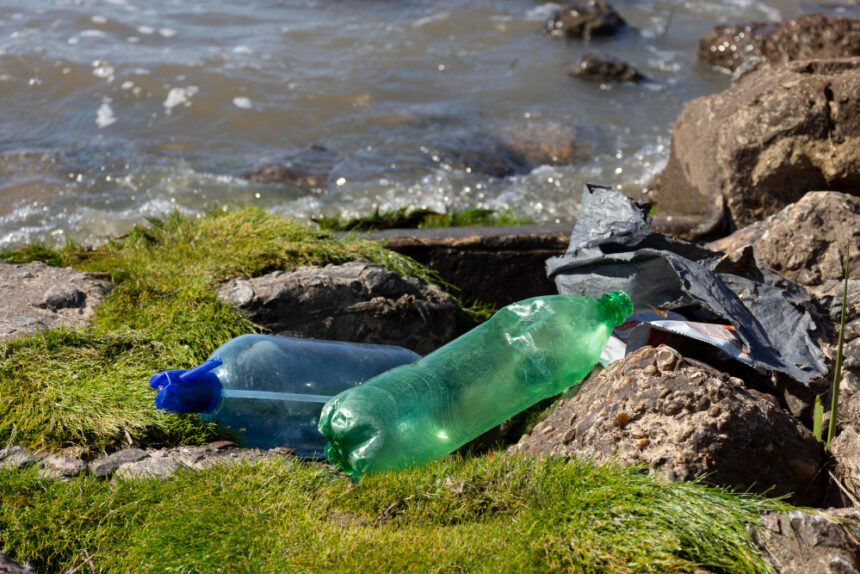Every year, at least 14 million tons of plastic end up in our oceans, and the effects on wildlife are dire, from sea turtles to toxic poisons. Obviously, the main solution is to reduce the amount of plastic we use at its source, but people are also turning to technology, lateral thinking, and other species to find a solution to the monstrous behemoth of plastic in the world.
Mushrooms
There is a type of fungus called Aspergillus tubingensis that is attracted to very hot places. It has properties that attract experts only if you look at it and find it unusual. In our bodies, we may have plastic because plastic breaks down or degrades.
tubingensis can degrade polyurethane (PU).
This was discovered by a team of biologists from Quaid-i-Azam University in Pakistan.
“Fungi release enzymes that break down plastic, and in return, the fungus gets food from dissolving the plastic,” says author Sehroon Khan, meaning that fungi can be used to break down plastic in waste.
Are roads made from plastic?
plastic road is a project that originated in the Netherlands. It is a long bicycle path in the city of Zwolle in the Netherlands made of recycled plastic, and it is the first of its kind. is an established method of recycling plastic bottles, cups and packaging instead of incinerating or landfilling them. that road uses 70% recycled plastic, but the next version plans a road that will use 100% recycled plastic. The first street in Zwolle is 30 meters long and contains recycled plastic equivalent to more than 218,000 cups or 500,000 plastic bottles. In November 2018, the second plastic road was built in Overijssel.3
Seaweed instead of plastic
researchers and designers in the field of plastic resistance continue to seek
other materials used to pack food. Sea, however, is the solution used by an Indonesian startup called Evoware. the company works with seaweed farmers to make sandwich and burger wraps, flavored tea and coffee bags, and soap packaging, all made from seaweed. It can be dissolved in hot water or, to reduce waste to zero, the packaging is also edible. Long-lasting and nutritious.
Social plastic
In ocean life, plastic poses its own problem. Estimates show that if there is no change, by 2050 there will be more plastic than fish in the ocean. there is a high price above the market paid by Plastic Bank, which is a social institution for plastic waste. People who collect plastic can sell it for money, goods (fuel, cooking stoves) or services, such as school fees. as part of the fight against pollution, this project encourages people to collect plastic so that it enters the ocean and is captured before it goes into the water. The company then sells the plastic to corporate customers, who pay about three times the price of regular plastic. It operates in many regions, including Haiti, Brazil and the Philippines.
ASH CK

